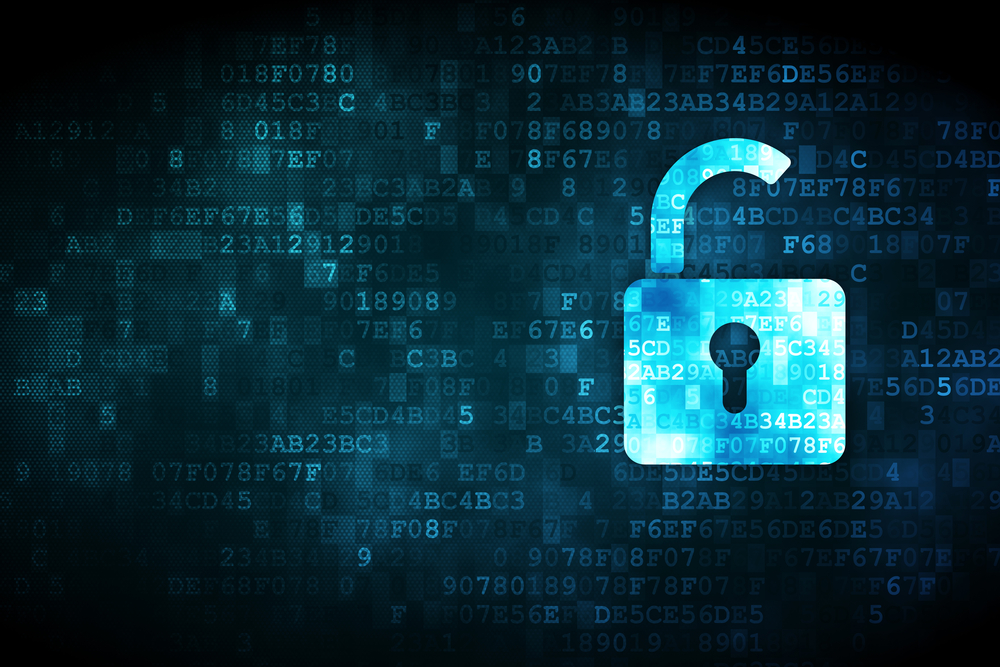GENEVA—Governments on every continent are hiding an increasing reliance on private companies to snoop on citizens’ digital lives, the U.N. human rights office said Wednesday.
Stepping into a fierce debate over digital privacy rights, the U.N. office says it has strong evidence of a growing complicity among private companies in government spying. It says governments around the world are using both the law and covert methods to access private content and metadata.
U.N. High Commissioner for Human Rights Navi Pillay said the lack of transparency and tactics extend to governments’ “de facto coercion of companies to gain broad access to information and data on citizens without them knowing.”
Her office’s report to the U.N. General Assembly says concerns about the erosion in privacy have increased since last year’s revelations of U.S. and British mass surveillance. The report said stricter laws are needed to prevent violations and ensure accountability when digital technology and surveillance is misused. It warned that mass surveillance is becoming “a dangerous habit rather than an exceptional measure.”
By law, Pillay said, governments must demonstrate the interference isn’t arbitrary or illegal.
“Secret rules and secret interpretations—even secret judicial interpretations—of law do not have the necessary qualities of ‘law,”‘ the report says. “Any capture of communications data is potentially an interference with privacy.”
The report comes as American technology companies’ reputations suffer from the perception they can’t protect customer data from U.S. spy agencies. The German government said last month it is ending a contract with Verizon over security concerns.
But U.S. officials say European and other foreign intelligence agencies also routinely demand co-operation from their national companies.
“All countries should immediately start to review their digital surveillance practices and bring them in line with international rights standards,” Human Rights Watch researcher Cynthia Wong said.
